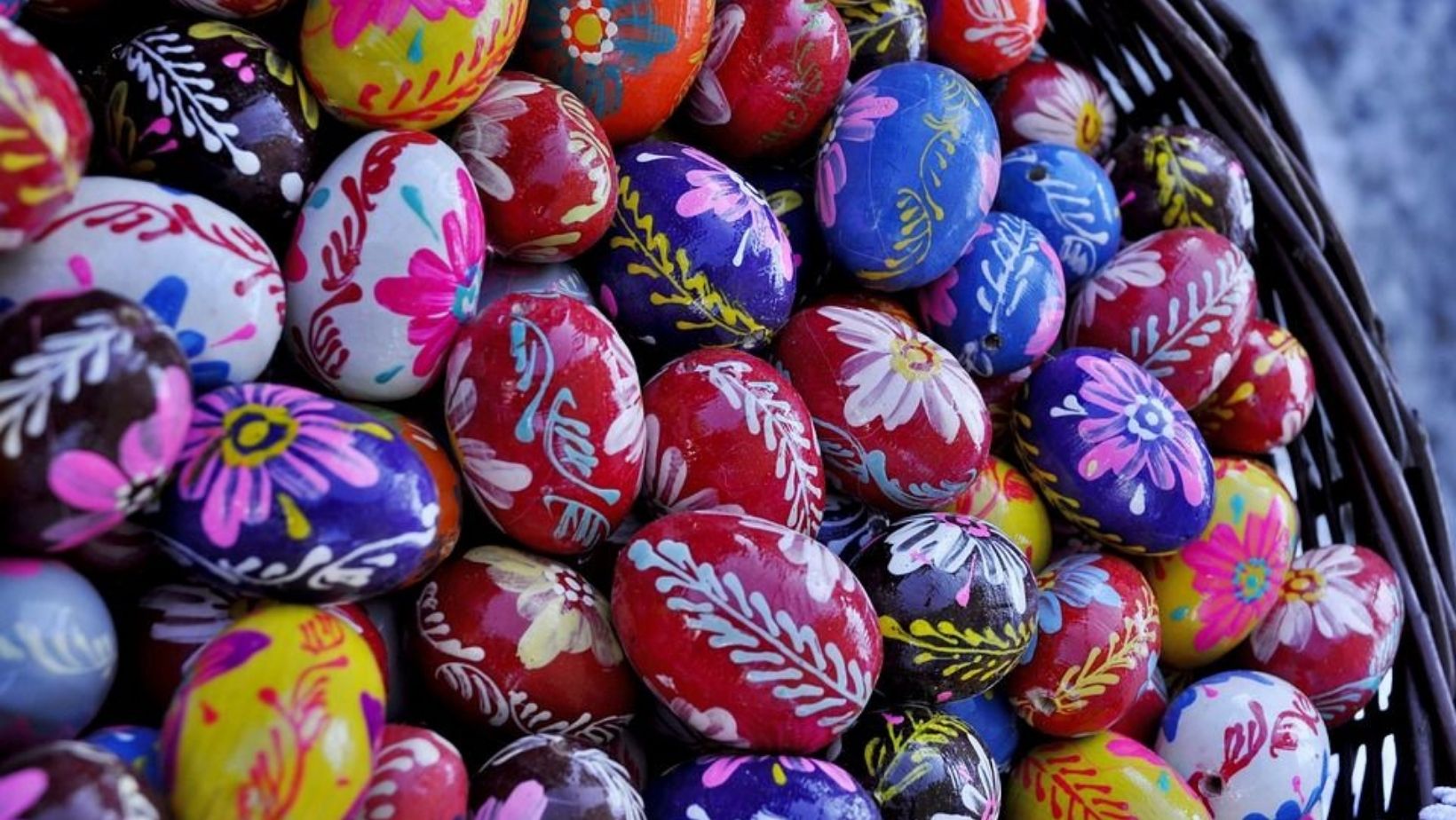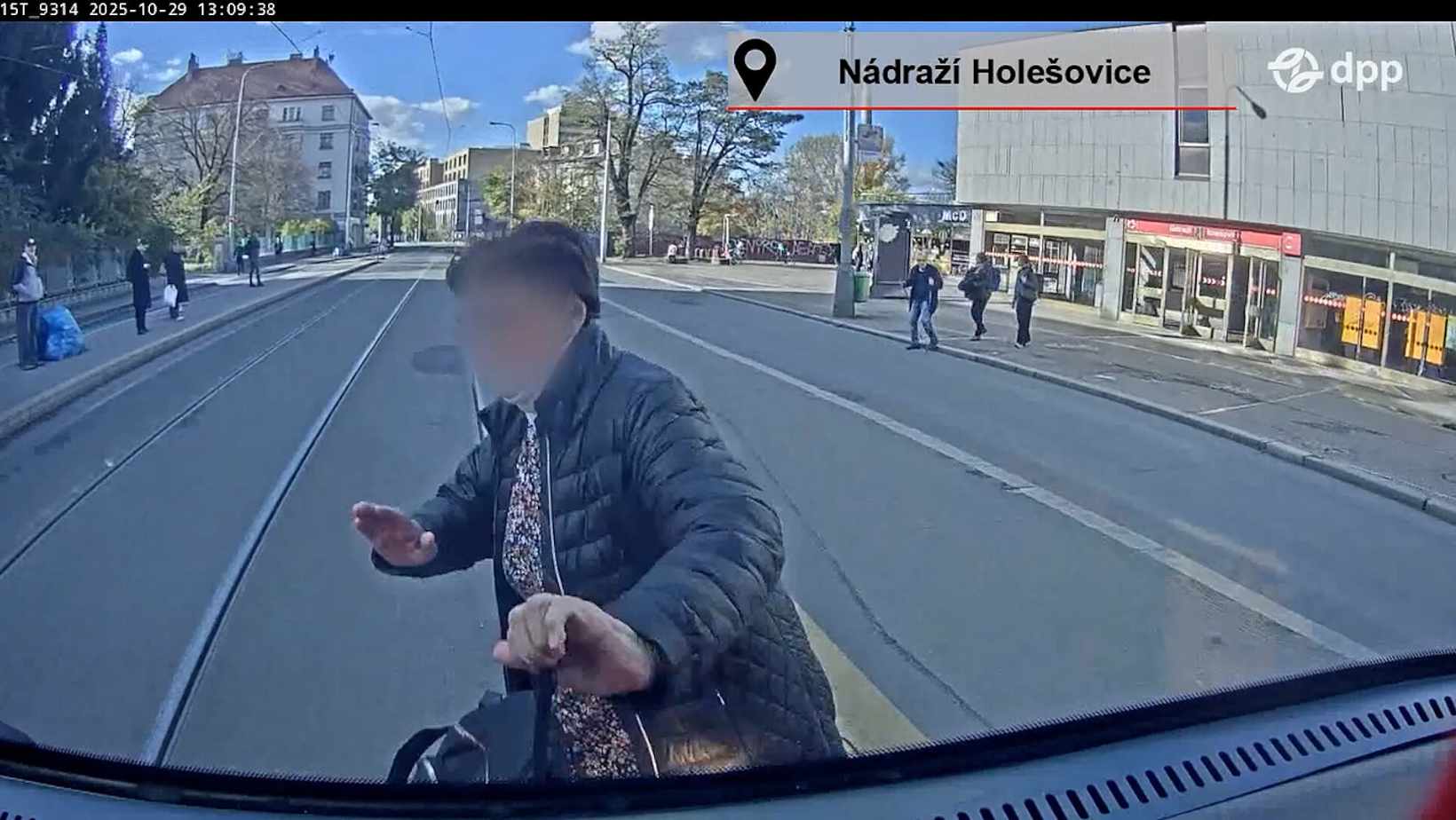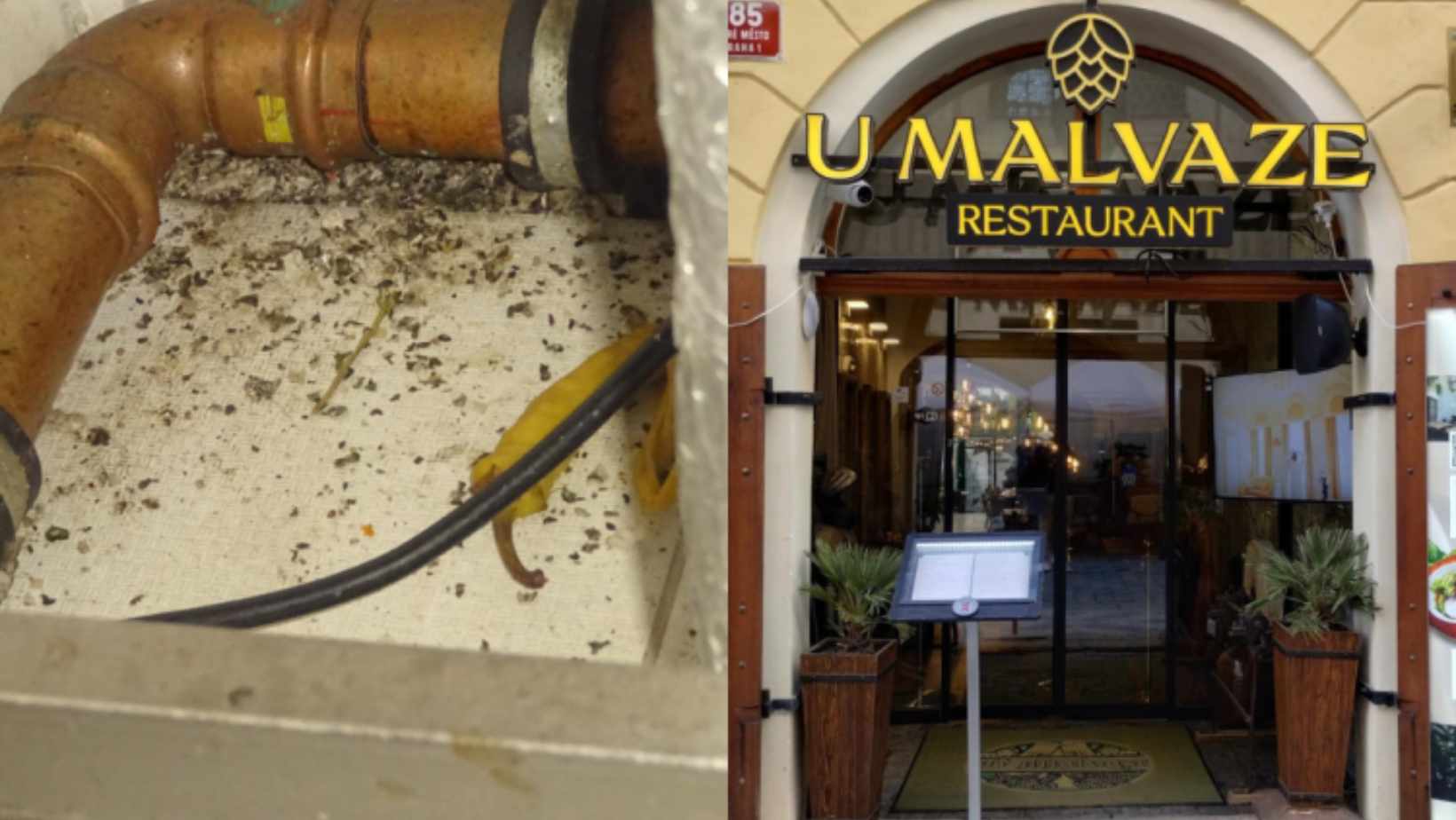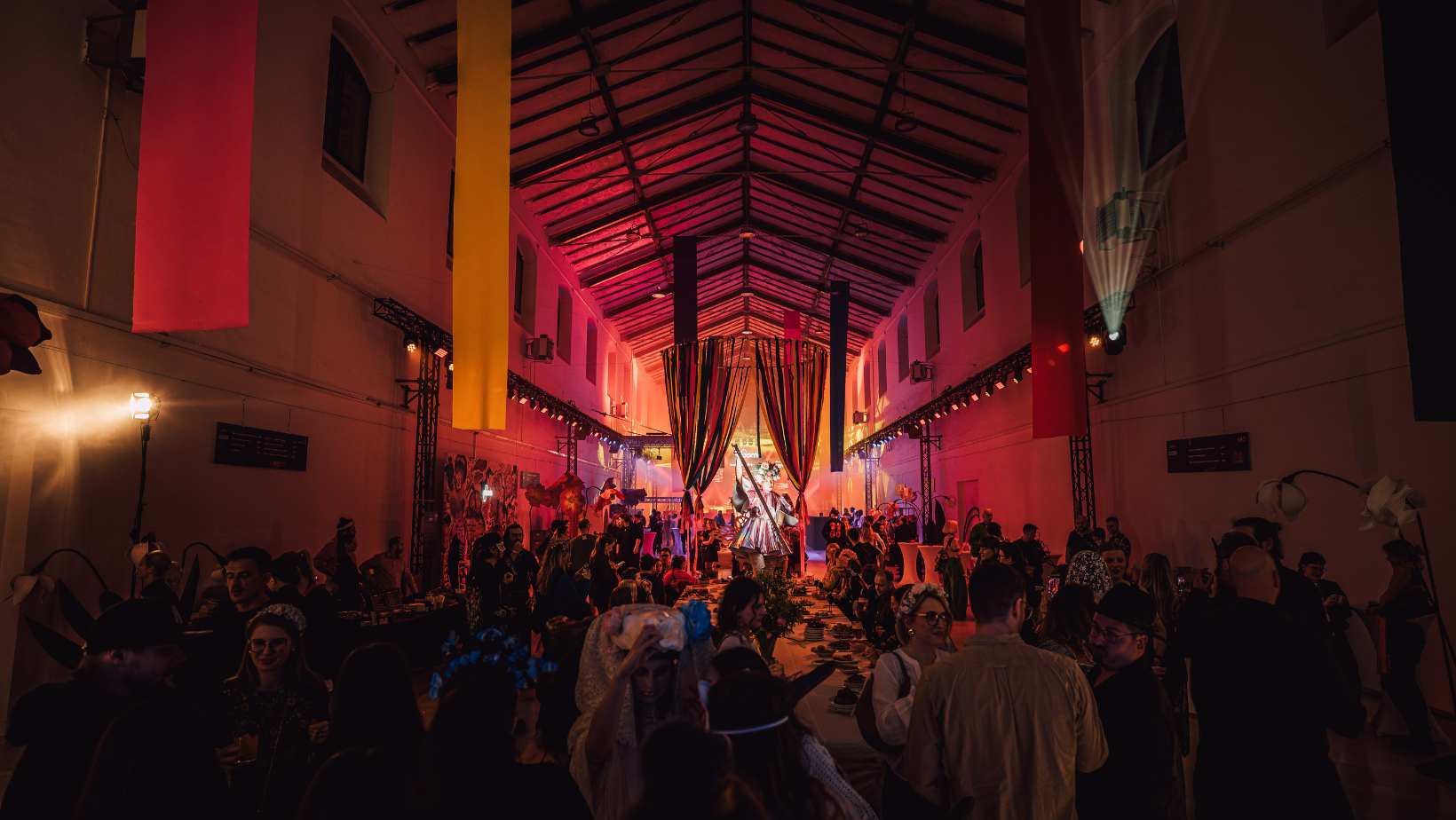Easter in the Czech Republic is a fun time. Many traditions are still observed and practiced, especially in villages, and different regions may have their own Easter traditions and customs.
For a preview of what to expect for Easter in the Czech Republic, read our 5 fascinating Easter facts!
1. Is it Easter… or a celebration of spring?
Velikonoce (Easter) comes from the expression velká noc meaning “great night” after the day in which Jesus Christ rose from the dead. During Communist rule, however, the religious celebration was suppressed and the arrival of spring was recognized instead.
Since the Velvet Revolution and the collapse of Communism in 1989, Easter’s Christian roots have slowly been reestablished, though the holiday is still less overtly religious than visitors might expect (at least in the case in the capital city).
2. Decorated eggs are given to the whip bearers!
Decorating eggs (kraslice) is one of Czech’s best-known and widely practiced Easter traditions. Girls typically decorate the eggs to be hung in windows, put in baskets or given to the boys who whip them on Easter Monday. Find elaborately decorated eggs for sale at the markets and shops throughout the Czech Republic. Proceed with caution if taking eggs home as souvenirs, however – they are very delicate so getting them home in one piece is a risk!
3. Red is the symbolic color at Easter
More so in past times, red was the most popular egg decorating color because it symbolizes the energy of new life (which comes with spring). Some Czechs still wear red at Eastertime to symbolize happiness, health, and new life.
4. Lamb is the most popular dish on the Easter menu
Lamb, whether meat or the sweet dough version (beránek), is perhaps the most recognized part of the Czech Easter feast. In addition, eggs, mazanec (sweet yeasted bread made with rum-soaked raisins and topped with almonds), gingerbread, and in some households, homemade plum brandy (slivovice), are usual staples on the table.
5. Boys shake rattles to scare off Judas
For 3 days during Holy Week, groups of boys head out into their villages shaking a řehtačka (wooden rattle). The tradition is said to scare off Judas, the apostle Christians believe betrayed Jesus. On the third day (White Saturday), the boys stop at homes and make noise until they are given a present (usually money… and usually to make them stop!).
-
NEWSLETTER
Subscribe for our daily news











